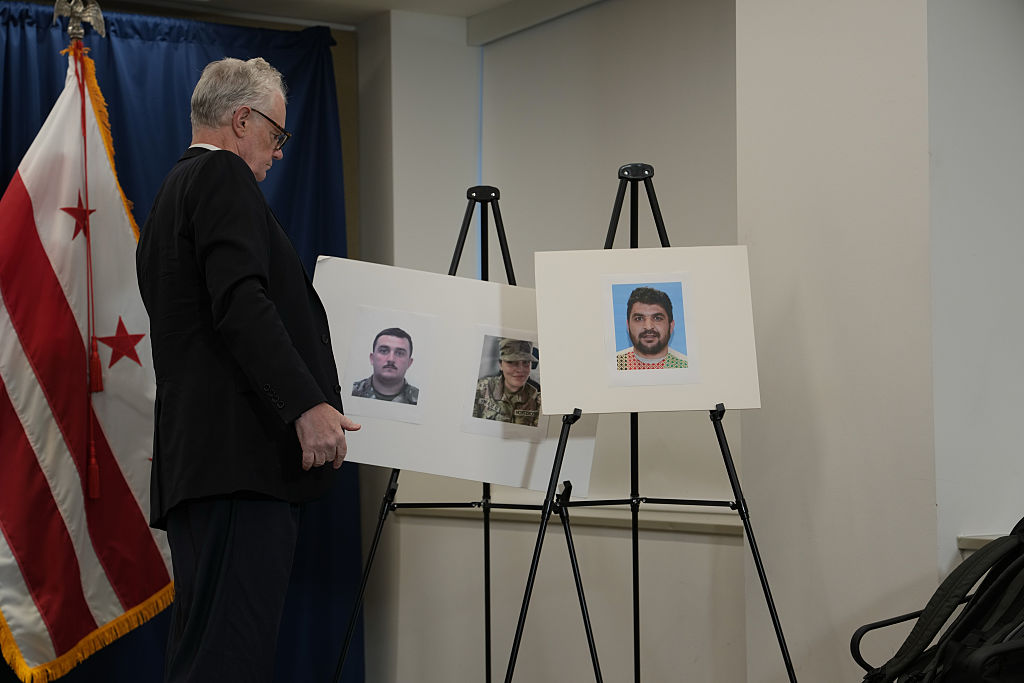
www.theamericanconservative.com
Afghan National Detained for Shooting National Guardsmen Worked With CIA
Local law enforcement on Wednesday arrested Rahmanullah Lakanwal, a 29-year-old Afghan national, for shooting two National Guardsmen near the White House in Washington, DC earlier the same day.
Lakanwal was admitted into the country as part of a program bringing local partners for American forces to the U.S. after the 2021 withdrawal from Afghanistan. He had worked with the CIA’s counterterrorist paramilitaries in the country, the so-called Zero Units, per multiple sources. He reportedly resides in Bellevue, Washington with his wife and five children.
The victims Sarah Beckstrom, 20, and Andrew Wolfe, 24, both remain in critical condition. Jeanine Pirro, U.S. attorney for the District of Columbia, said in a Thursday news briefing that, if either dies, she will charge Lakanwal with first-degree murder. He currently faces three counts of assault with intent to kill, and the Department of Justice is considering pursuing terrorism charges.
President Donald Trump has ordered the deployment of 500 more National Guardsmen to the federal capital.
The post Afghan National Detained for Shooting National Guardsmen Worked With CIA appeared first on The American Conservative.













